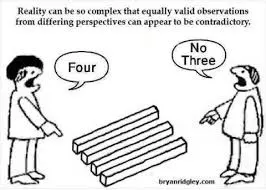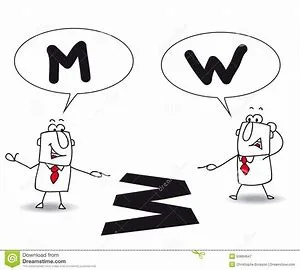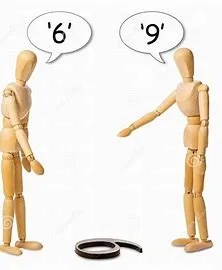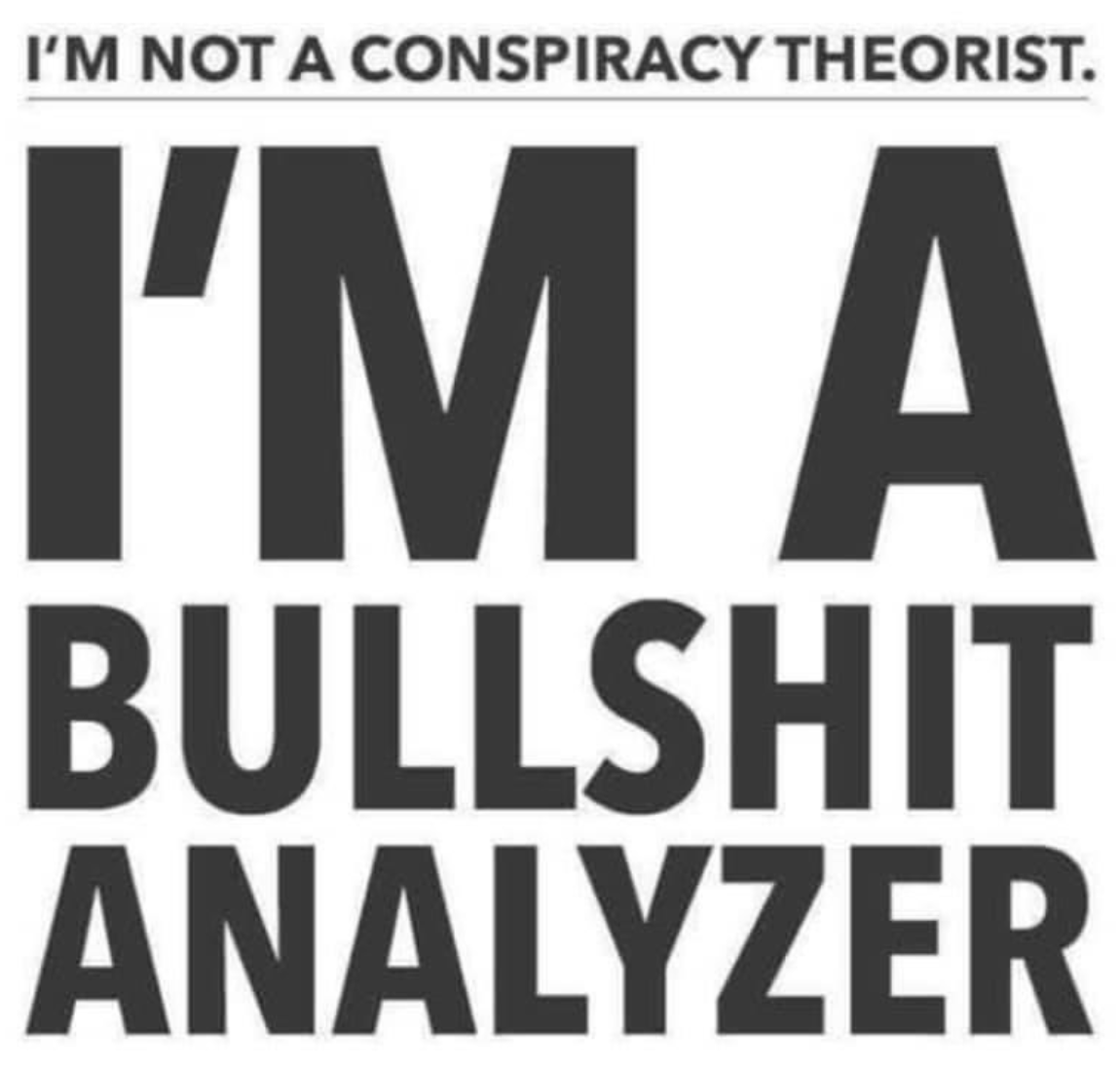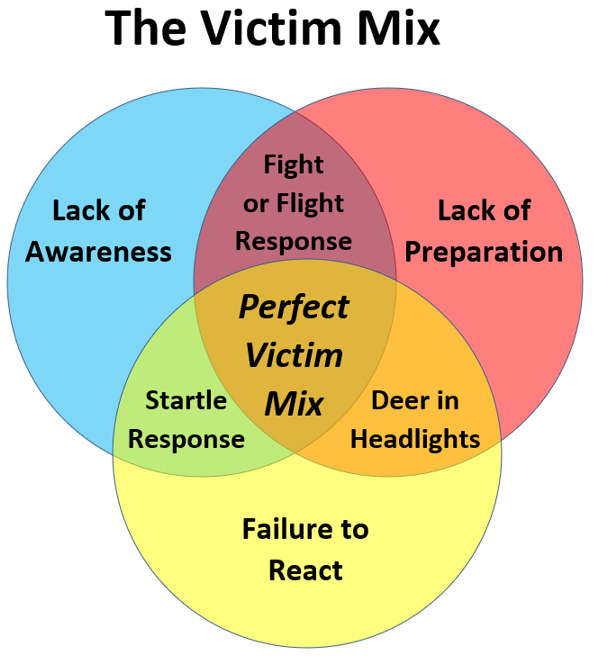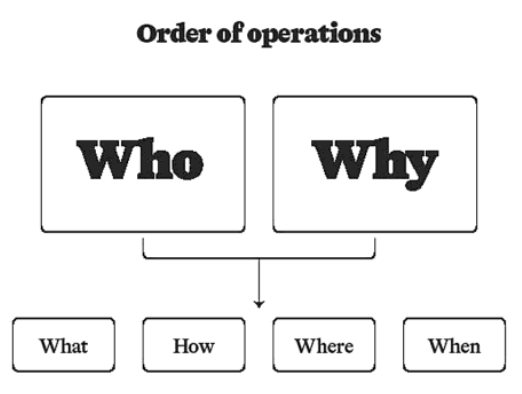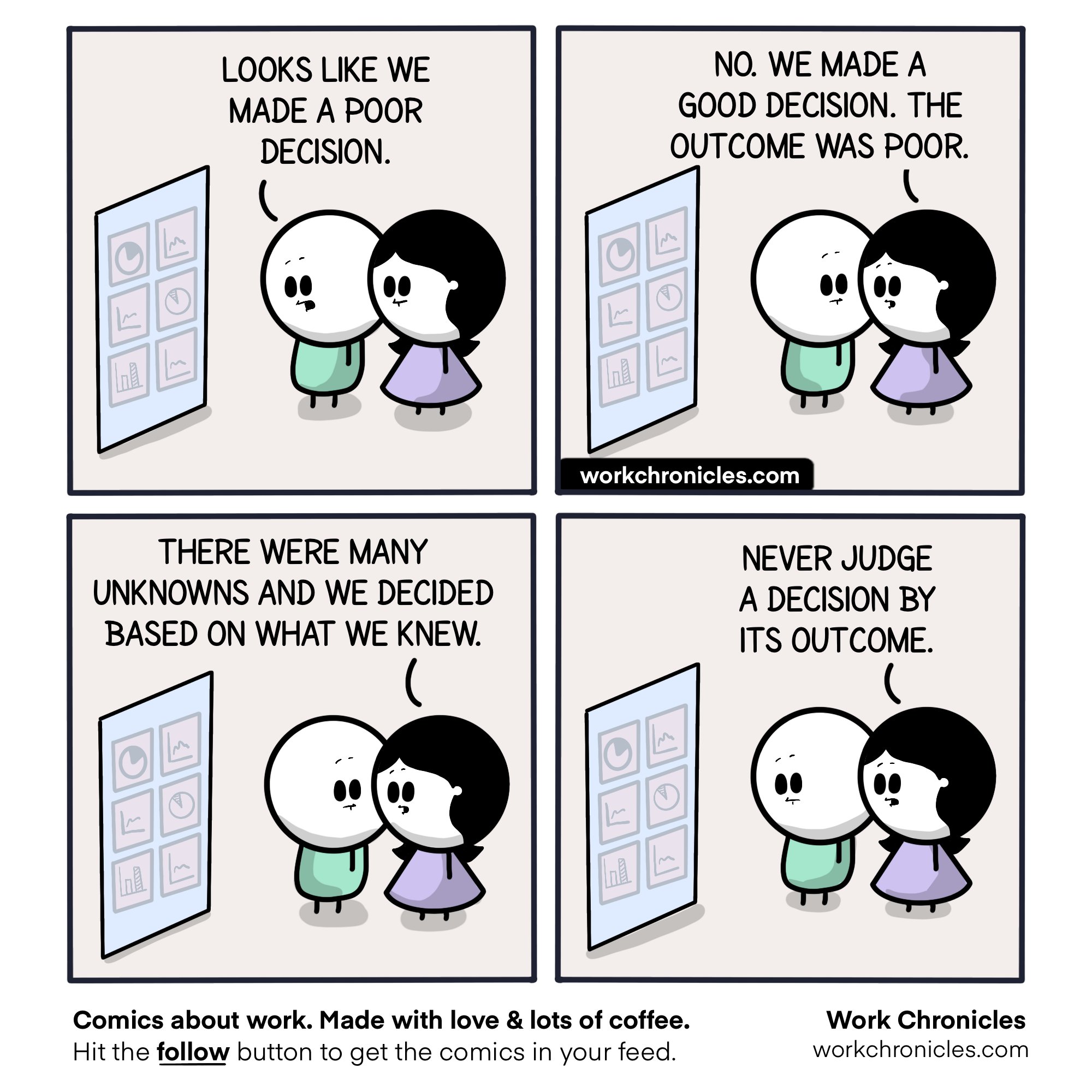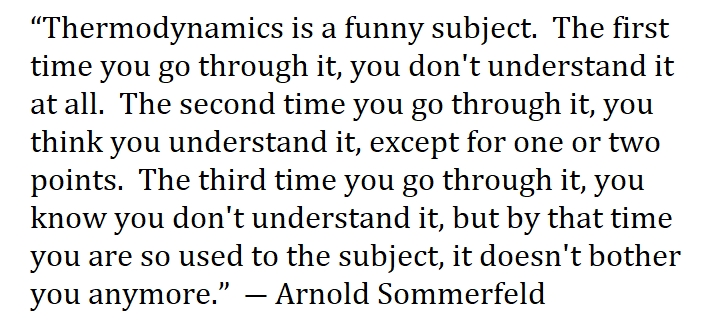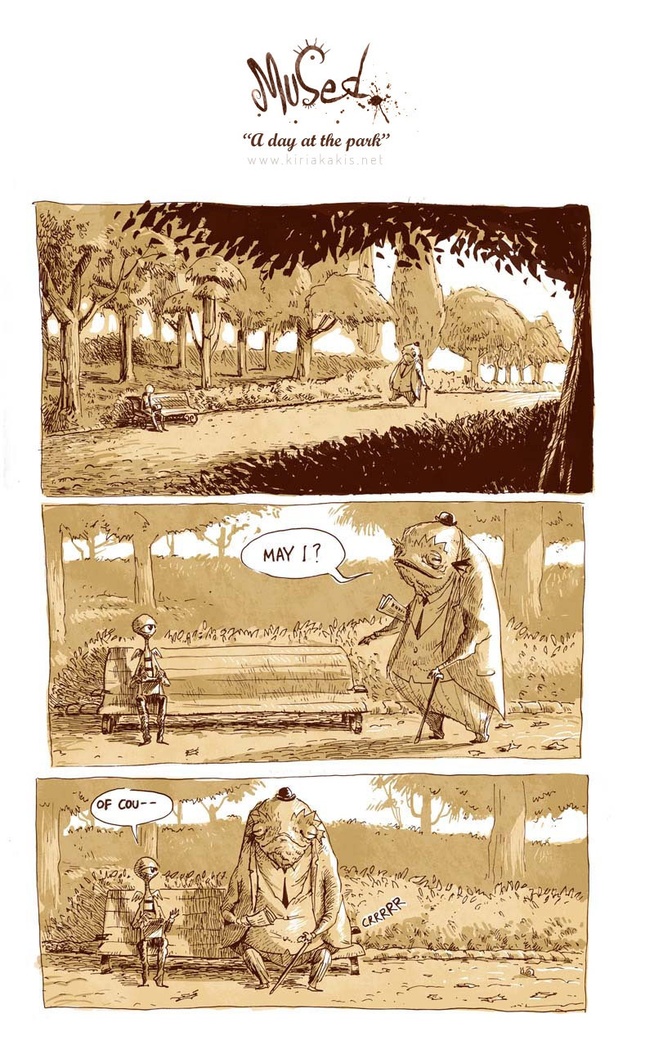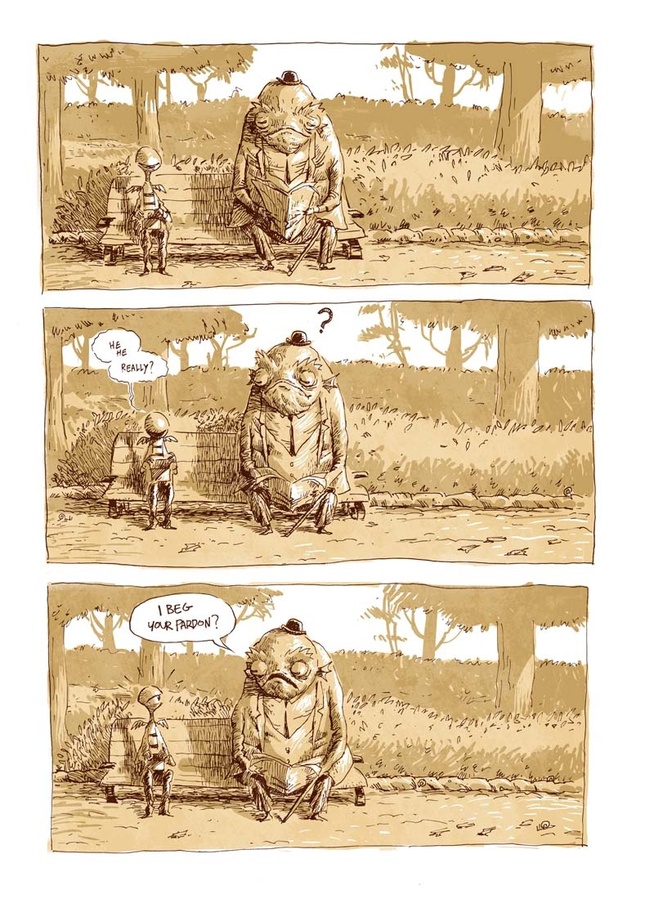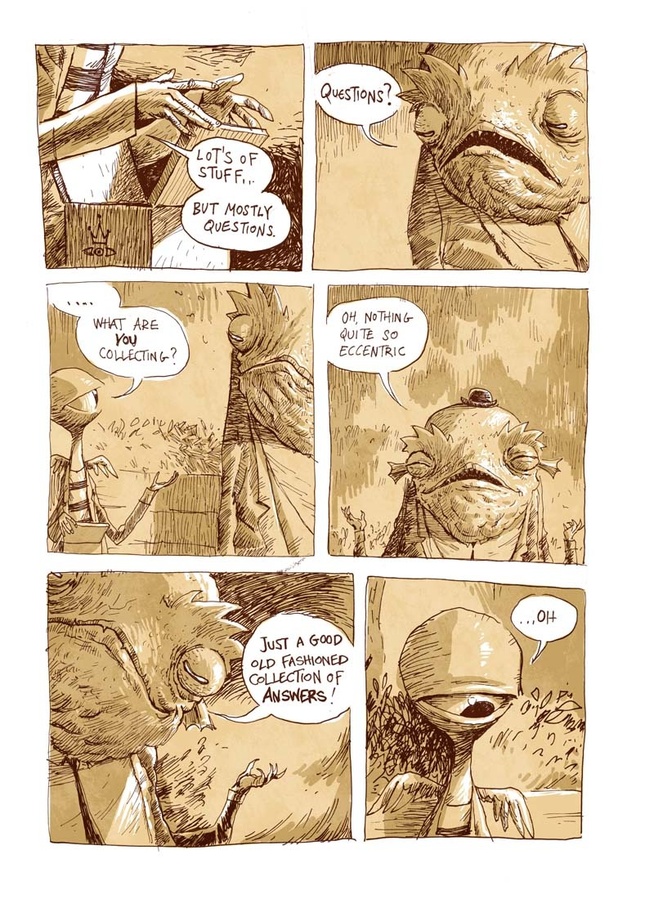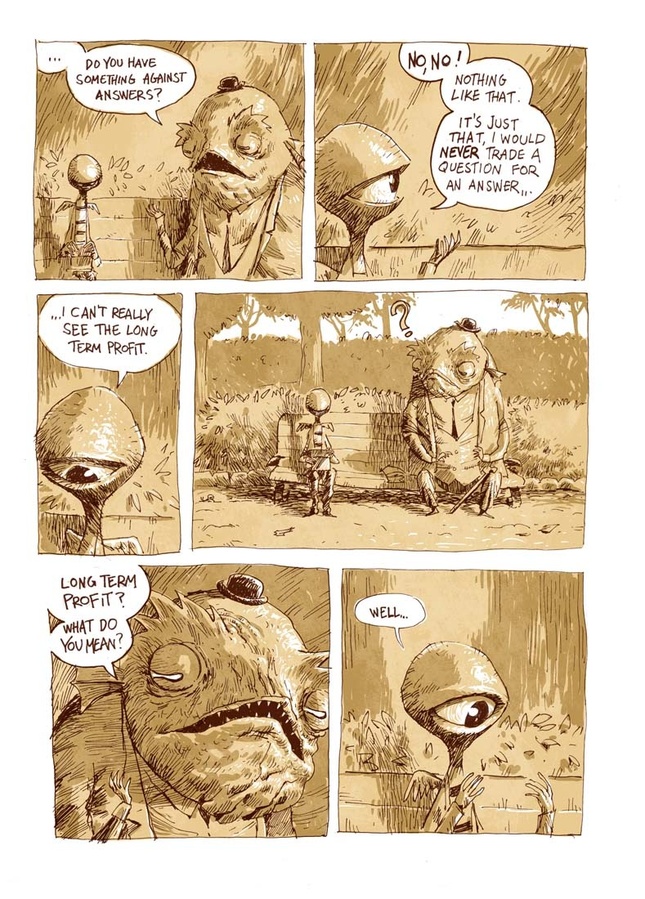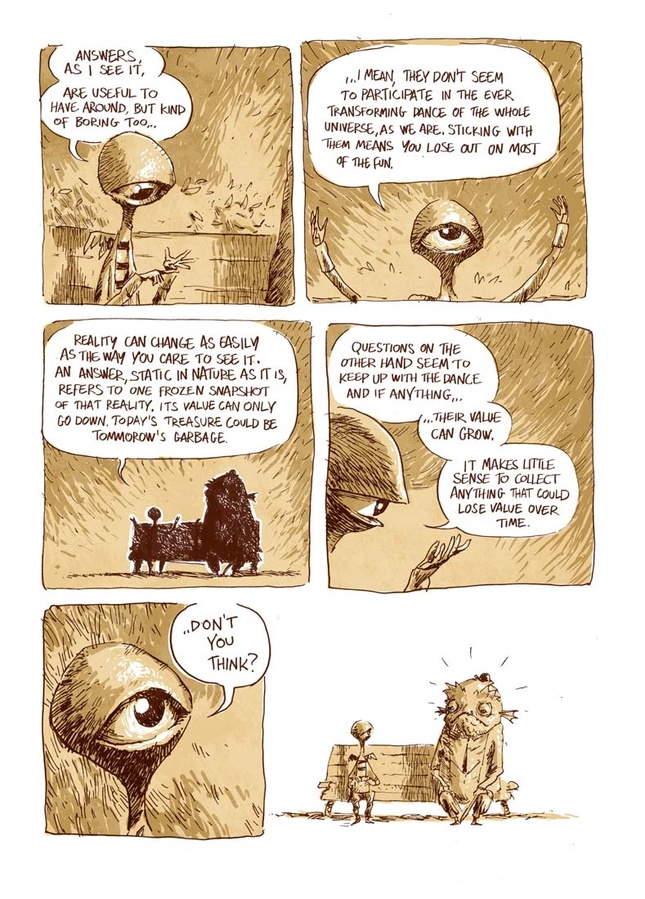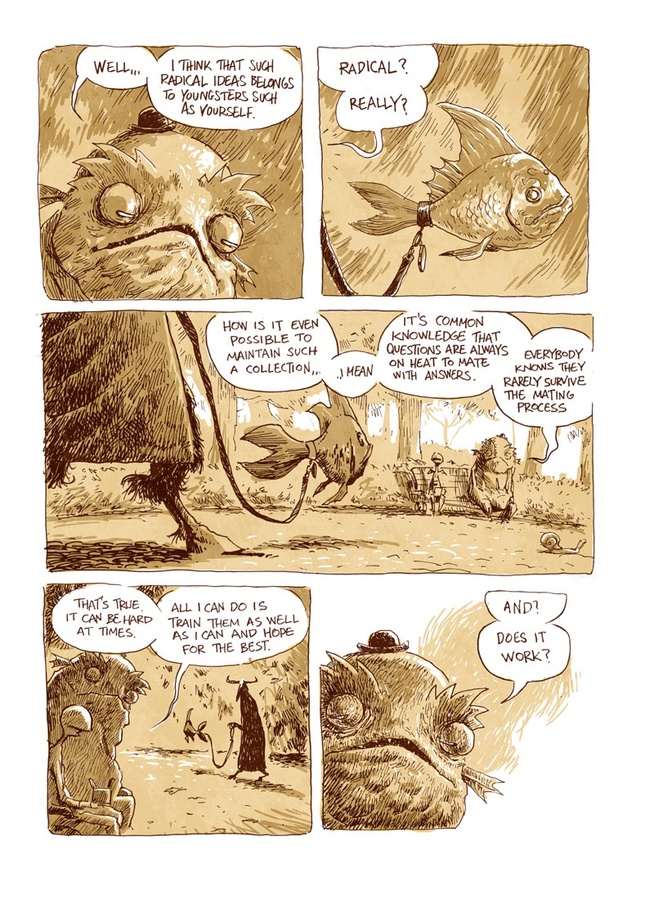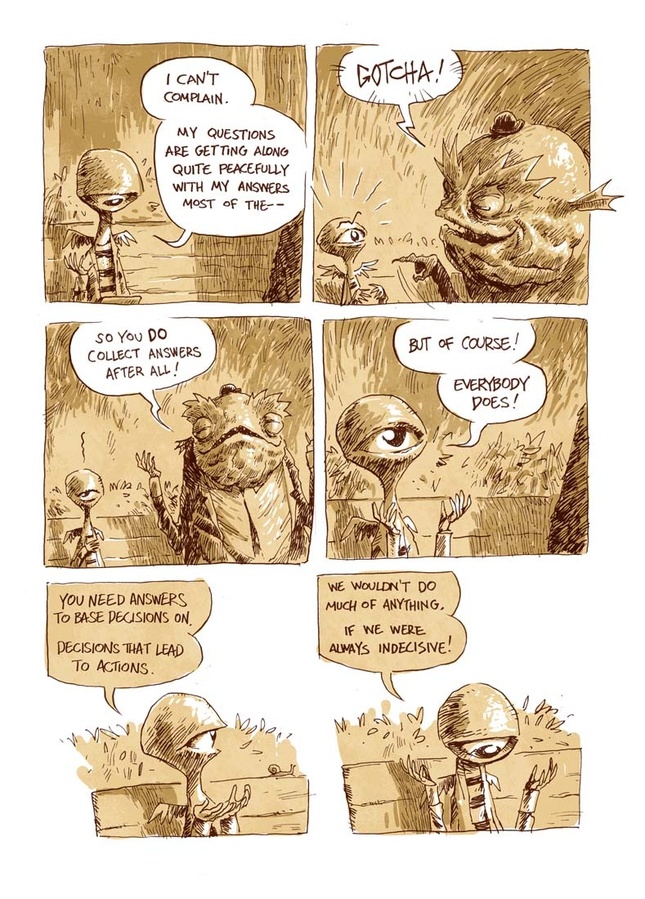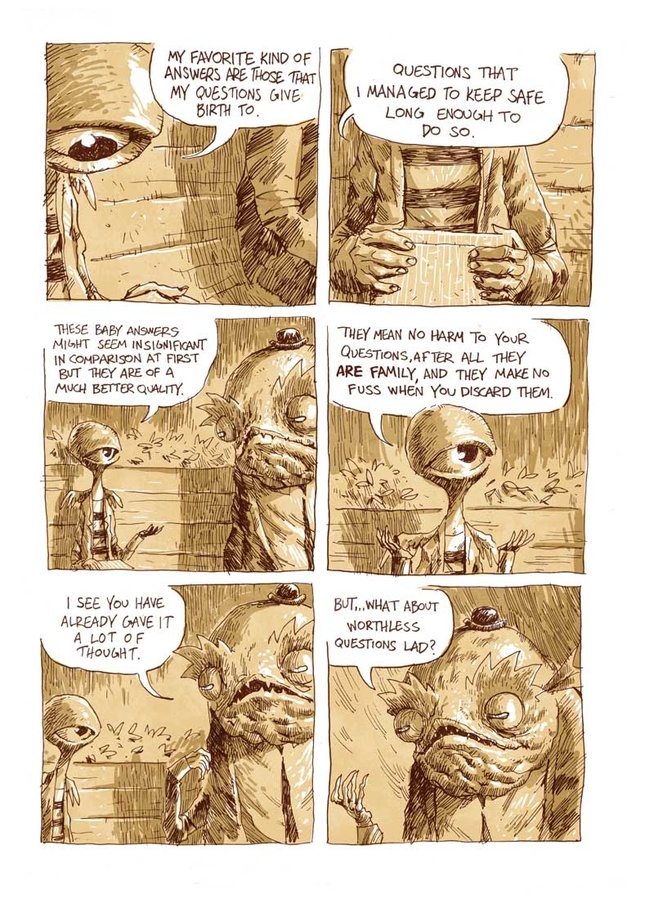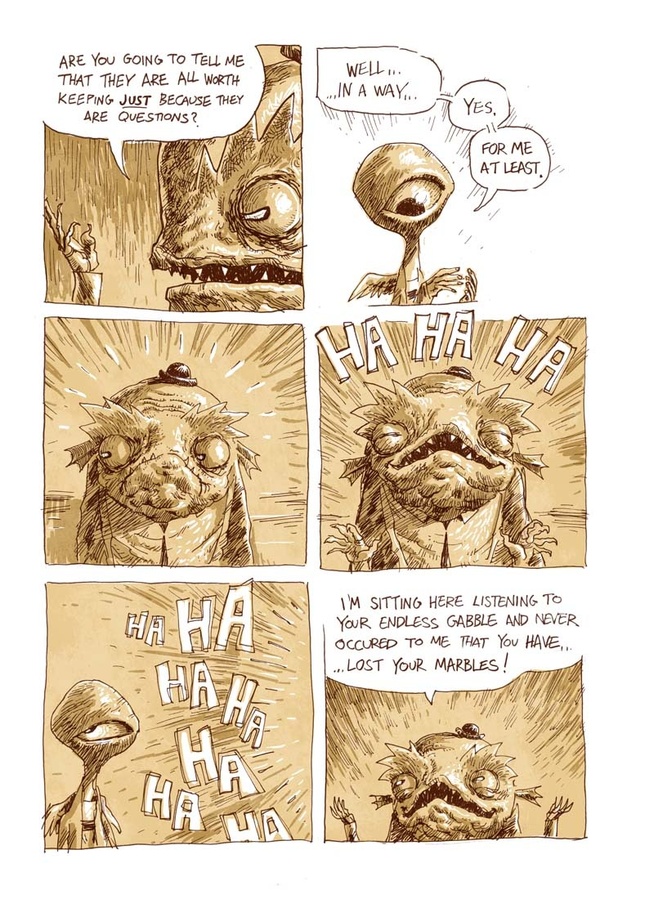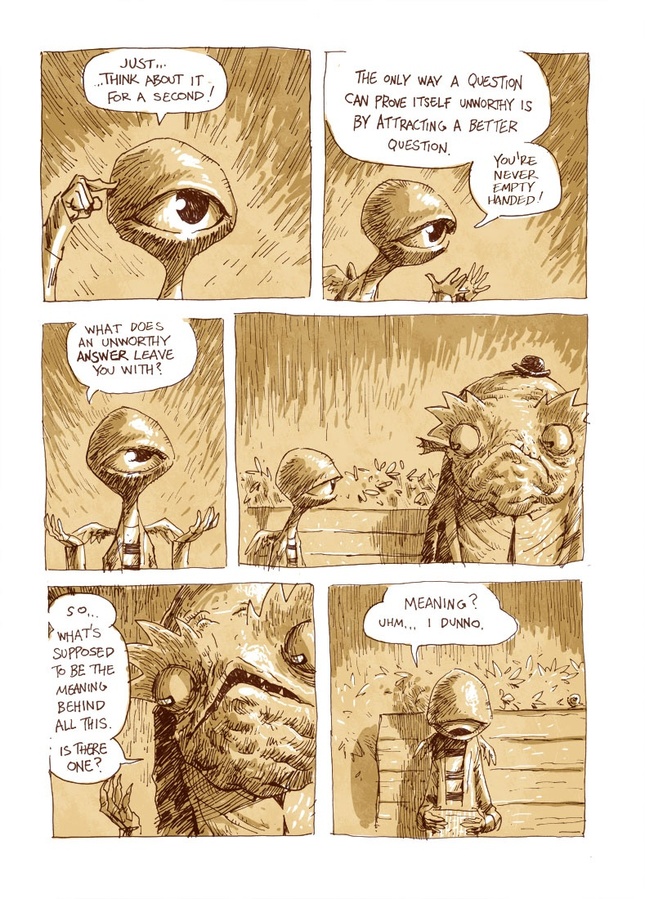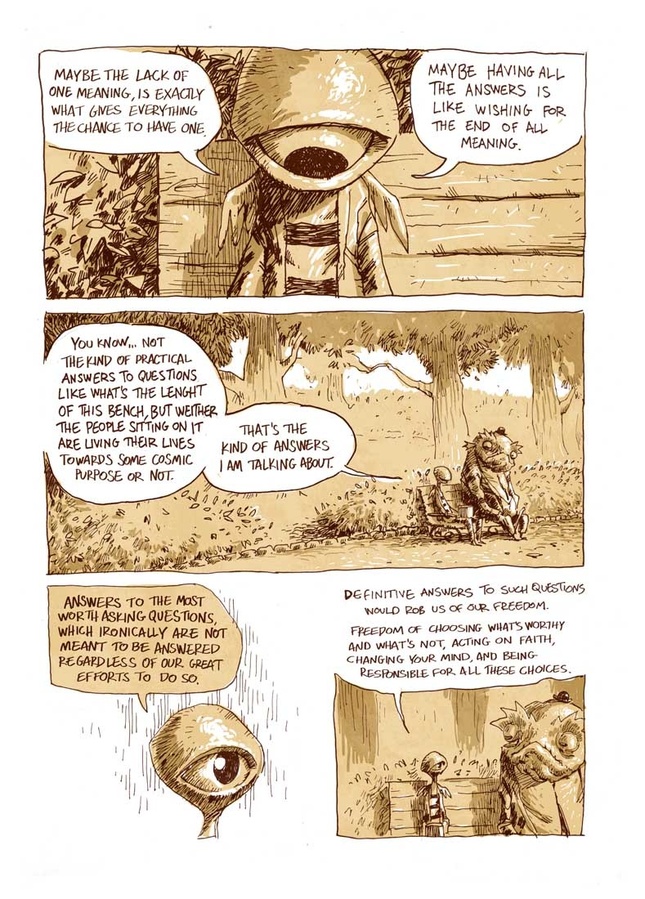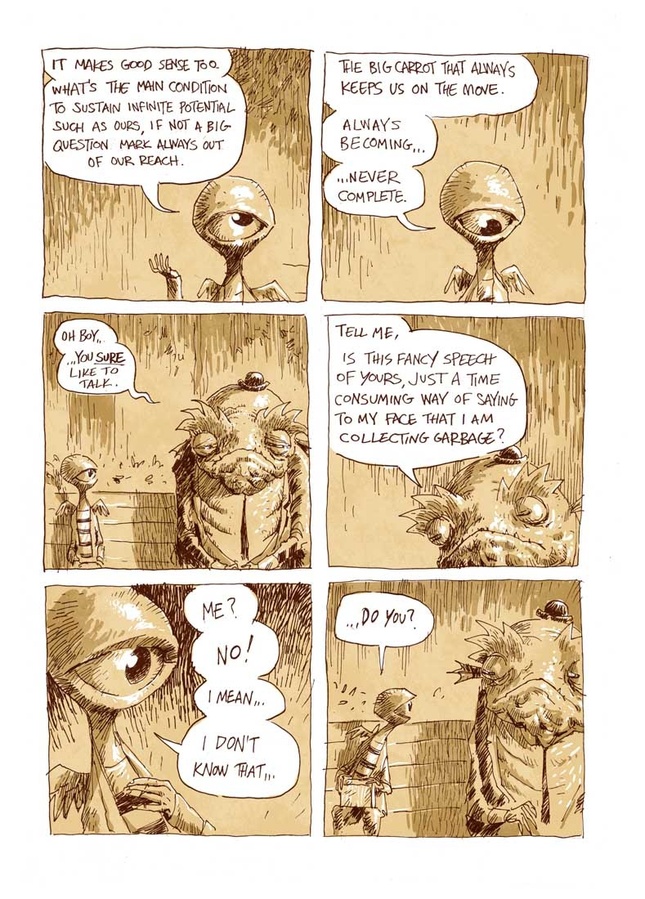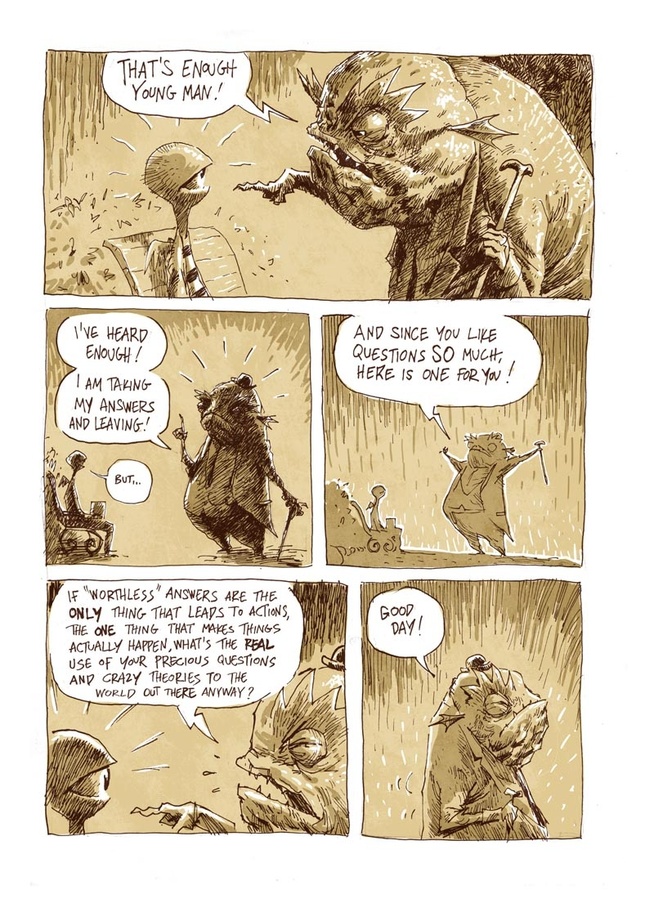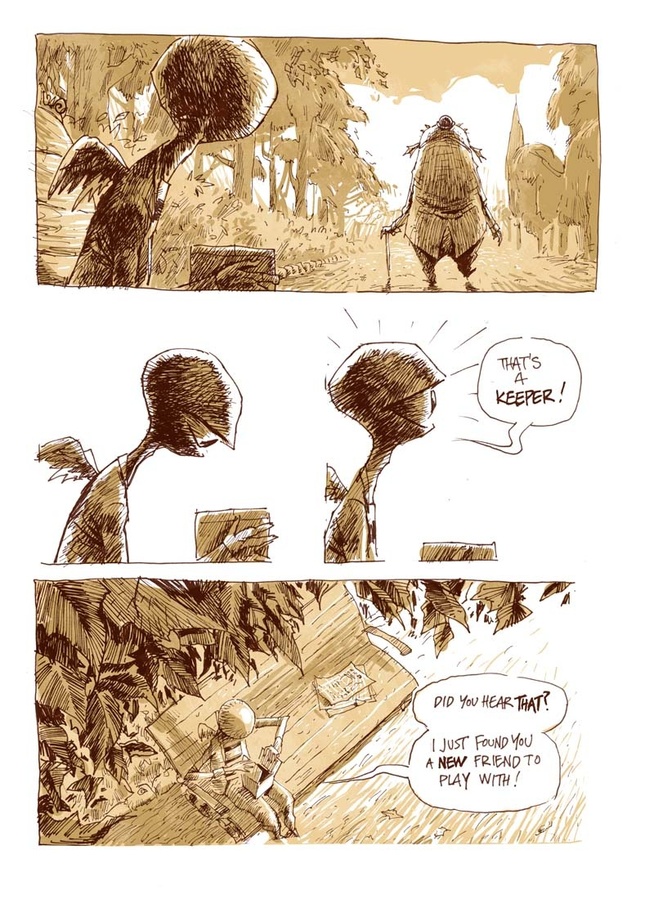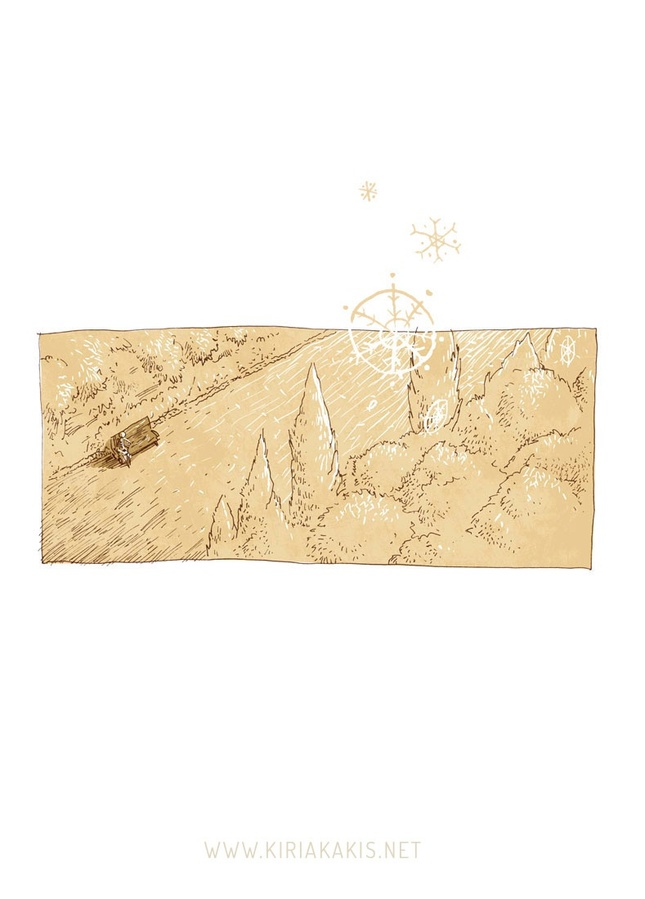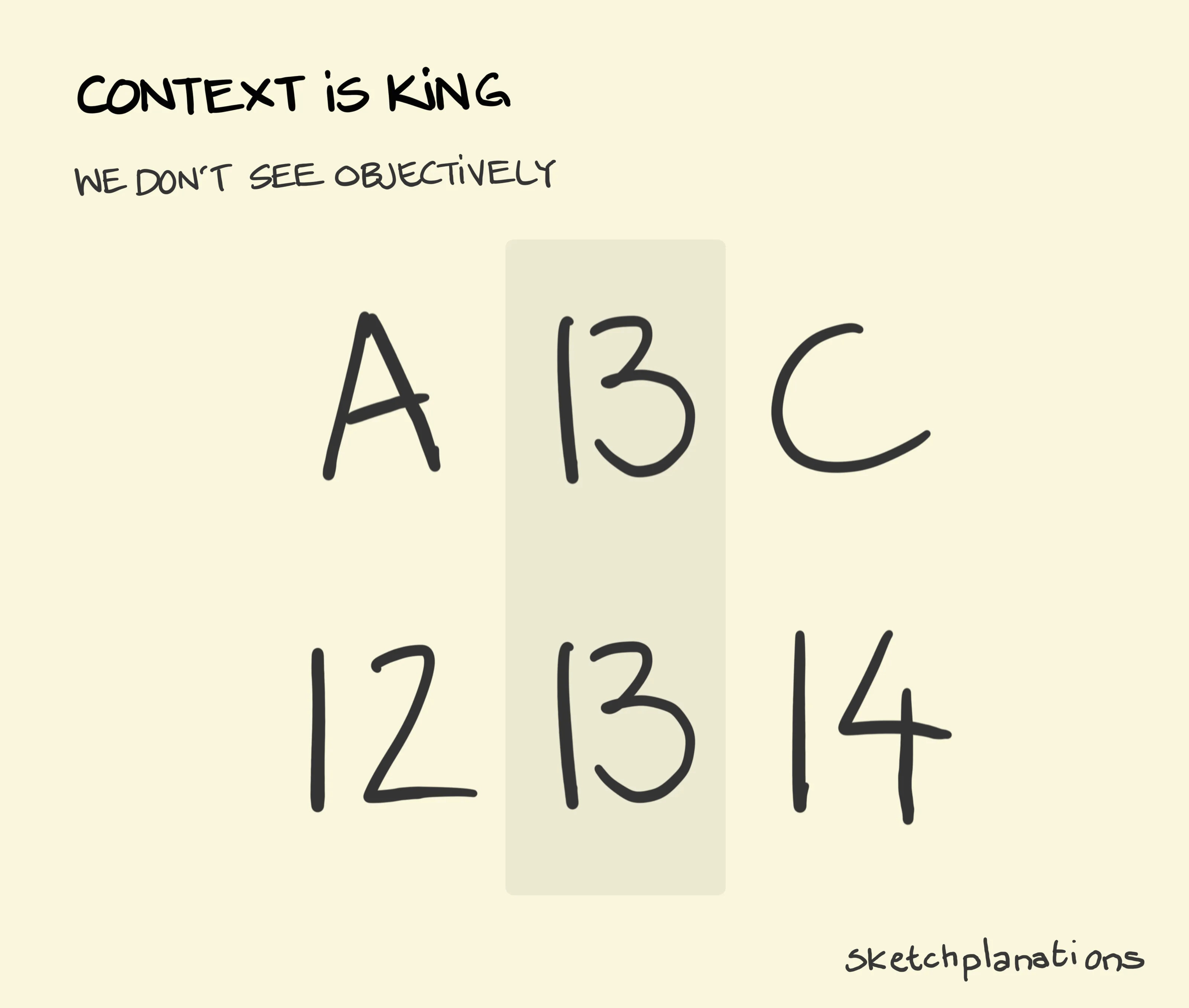tag > KM
-
Policy Making in the Post-Truth World - On the Limits of Science and the Rise of Inappropriate Expertise - Rayner and Sarewitz’s warning that we avoid turning models designed to inform problem management into the object of management themselves.
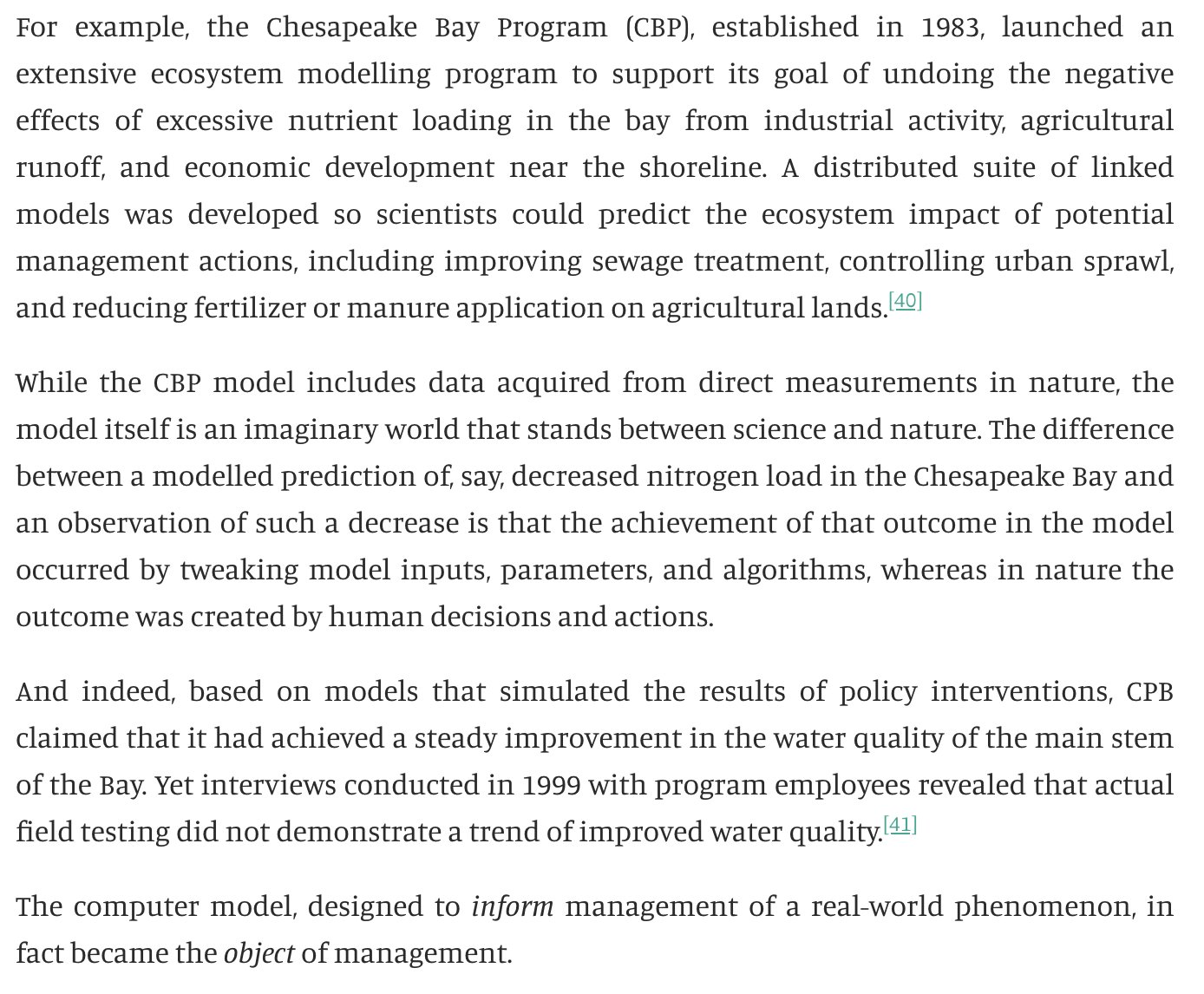
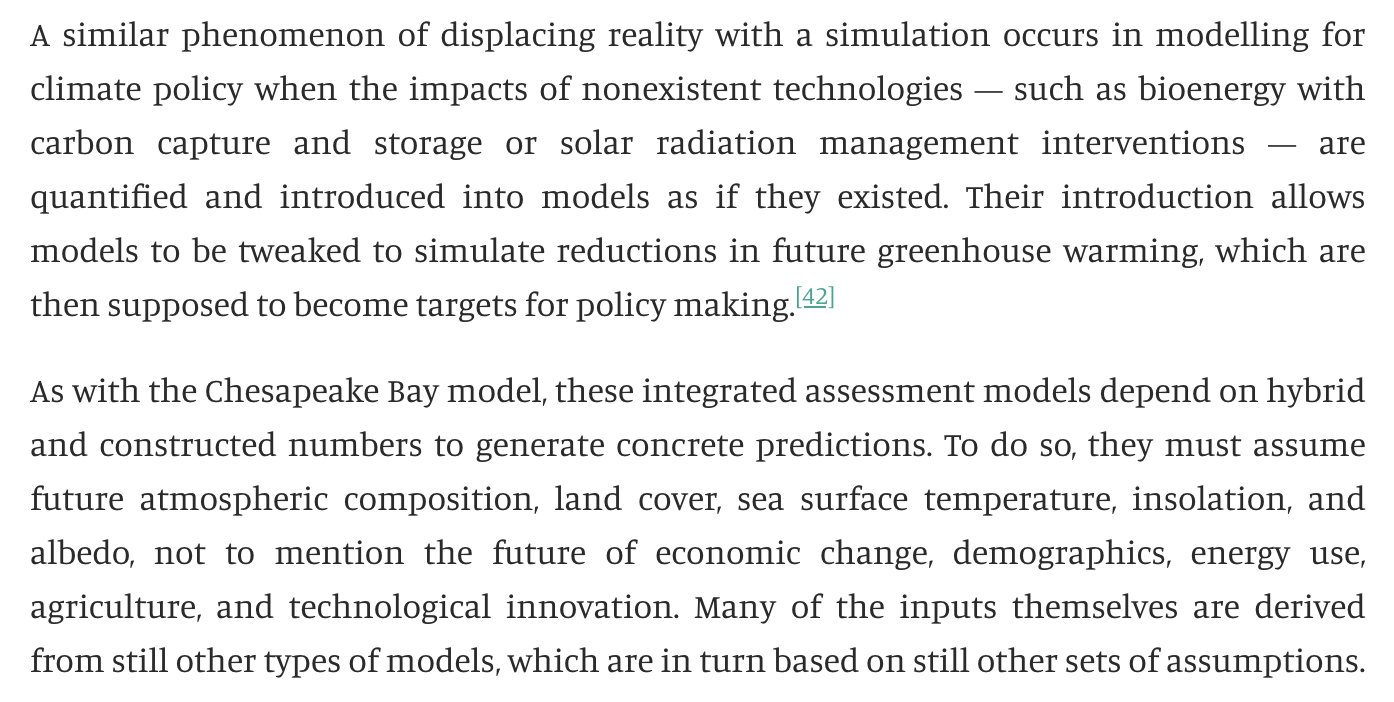
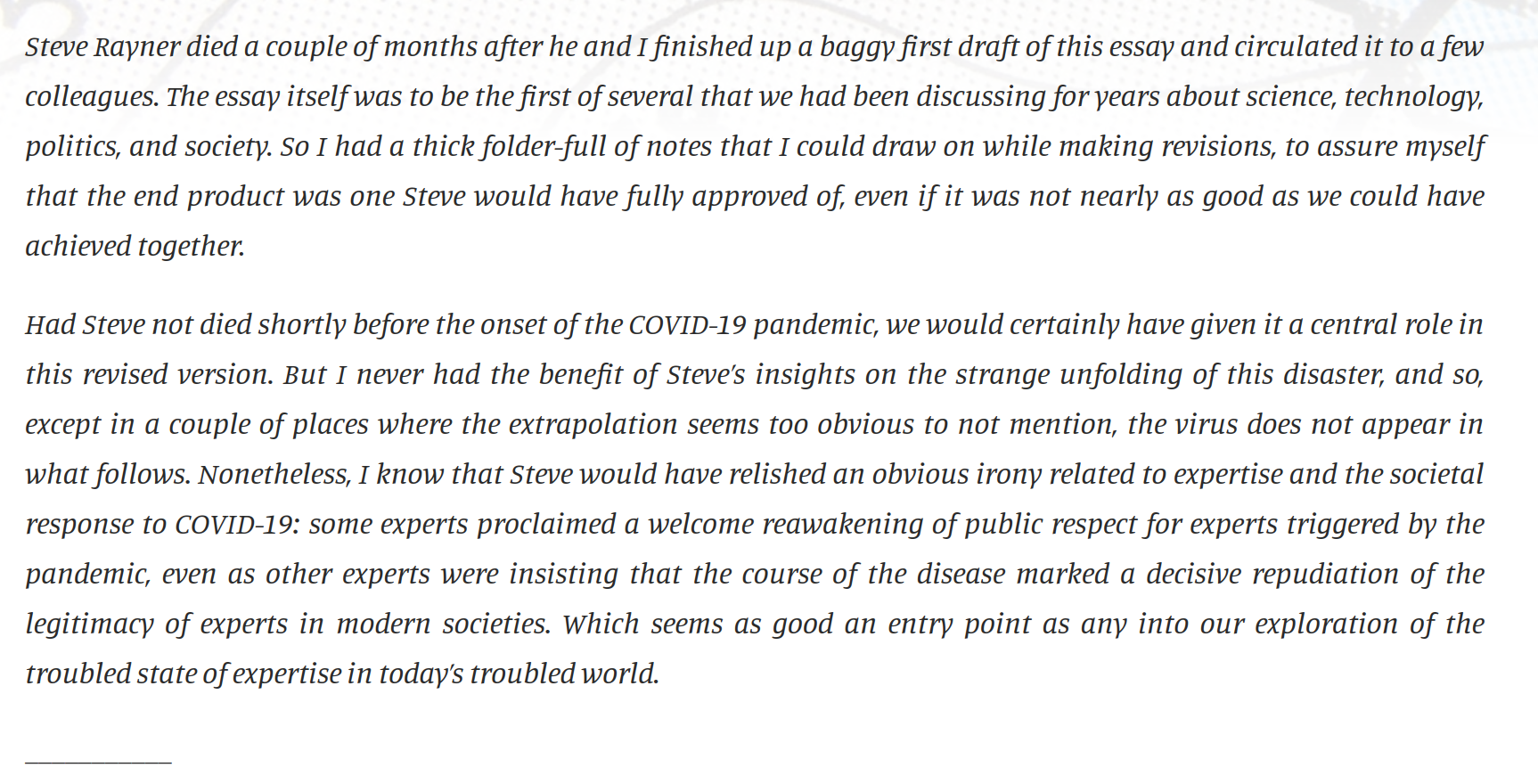
-
What Goes Beyond This Dichotomisation Between Information and Knowledge?
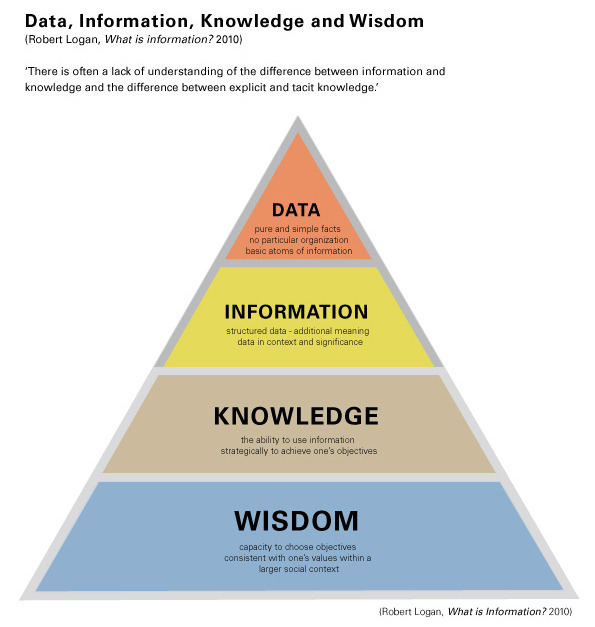
According to Zins (2005), ‘data’ is a set of symbols that represent empirical perceptions or empirical raw material, ‘information’ is a set of symbols that represent empirical knowledge, while ‘knowledge’ is a set of symbols that represent thoughts, which the individual justifiably believes are true or valid. There is even a higher entity – ‘wisdom’, the capacity to choose goals or make informed decisions consistent with one’s values within a larger social context (Logan, 2010, as cited in Boehnert, n. d.).
-
Communities of Practice (CoPs)
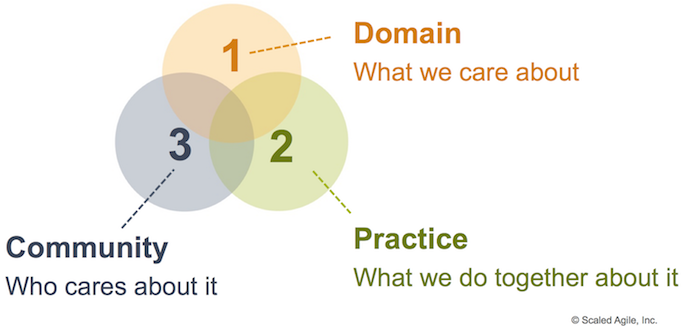
Communities of Practice (CoPs) are organized groups of people who have a common interest in a specific technical or business domain. They collaborate regularly to share information, improve their skills, and actively work on advancing the general knowledge of the domain.
-

"Wisdom is not the product of schooling but the lifelong attempt to acquire it." - Albert Einstein
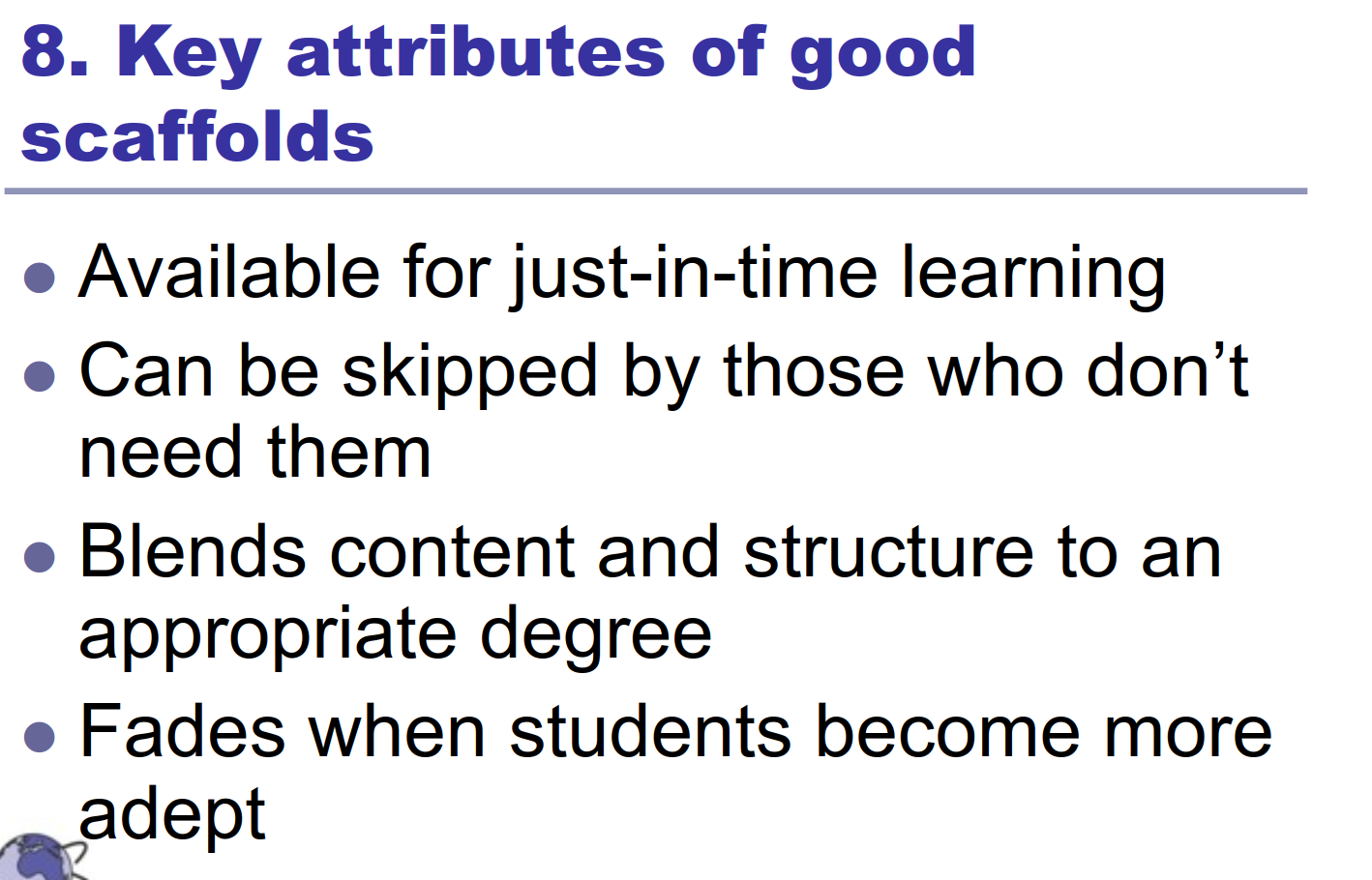
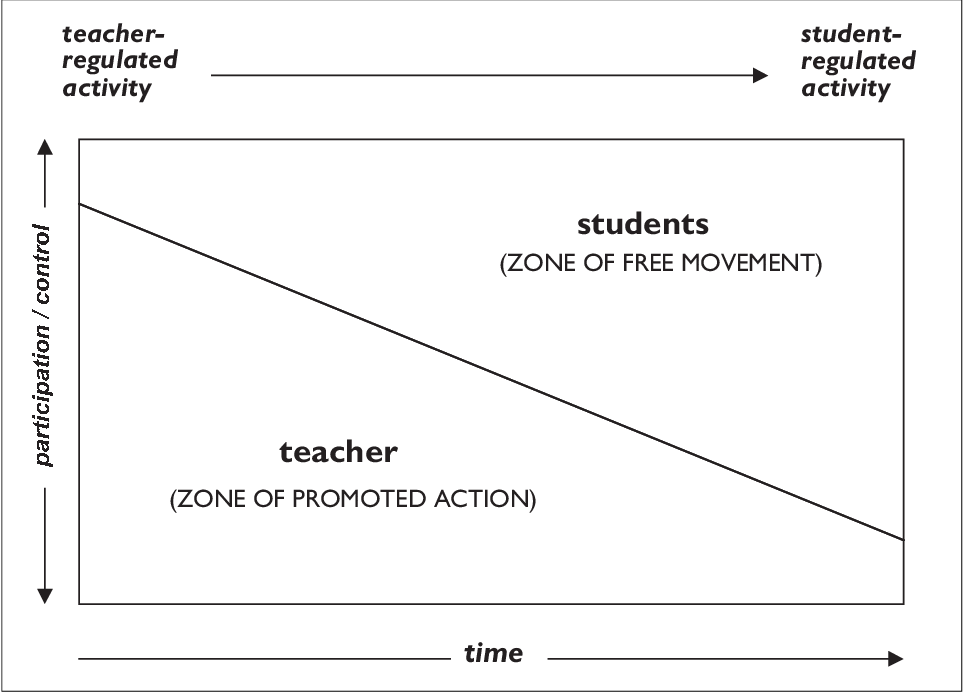
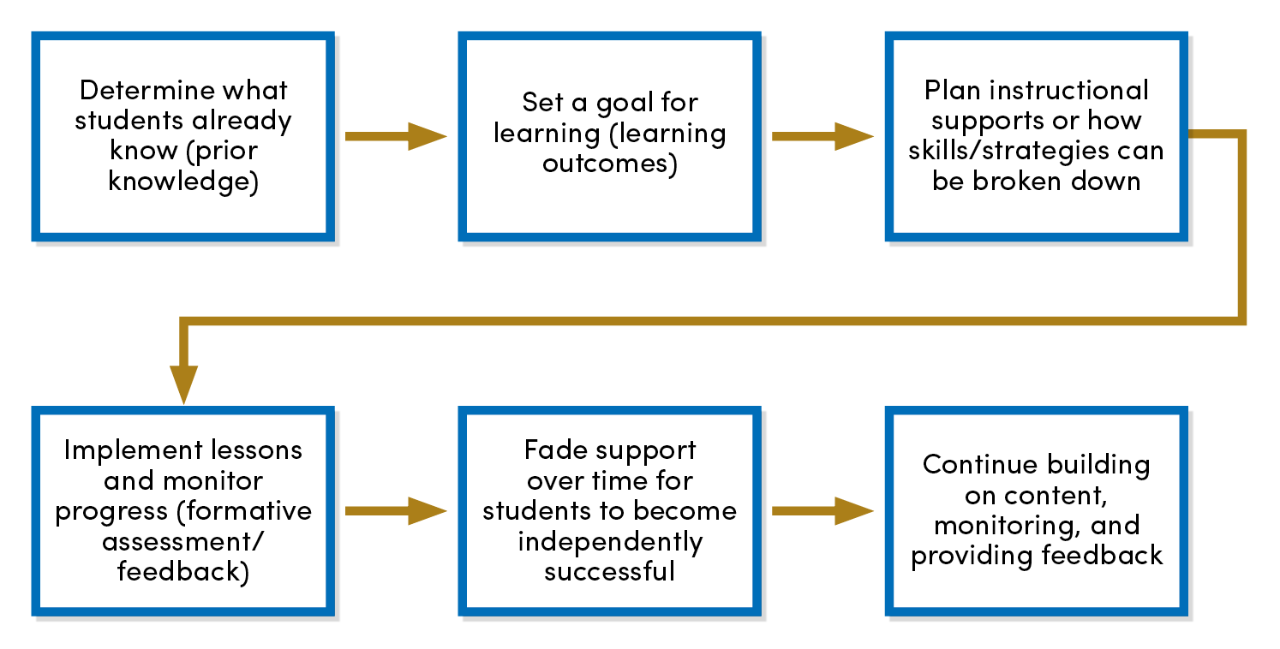
-
Schauberger on Simplicity
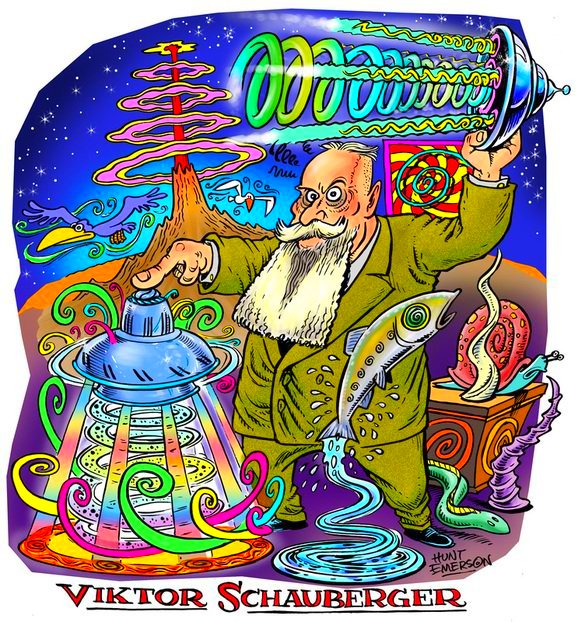
“The majority believes that everything hard to comprehend must be very profound. This is incorrect. What is hard to understand is what is immature, unclear and often false. The highest wisdom is simple and passes through the brain directly into the heart.” ― Viktor Schauberger
“The true foundation of all culture is the knowledge and understanding of water.” ― Viktor Schauberger
-
Observations on Nine Months of Decision-Making Training
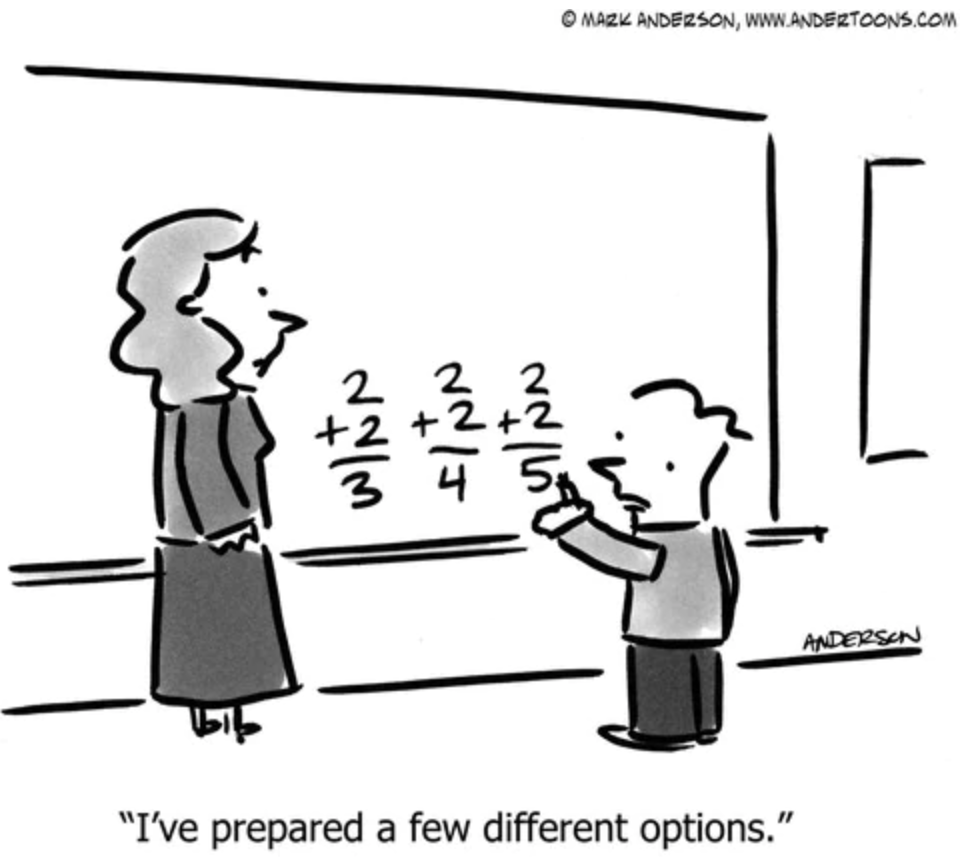
Instead of pursuing a typical quarantine hobby (like baking homemade sourdough), John Schmitt spent his lockdown helping ROTC cadets further their military training. He describes the process of leading Tactical Decision Games remotely and the outcomes he observed.
Training People to Make Better Decisions
Have you ever wondered how to improve decision making in fast-paced, real world situations?
Recognition-primed decision (RPD) is a model of how people make quick, effective decisions when faced with complex situations. In this model, the decision maker is assumed to generate a possible course of action, compare it to the constraints imposed by the situation, and select the first course of action that is not rejected.


